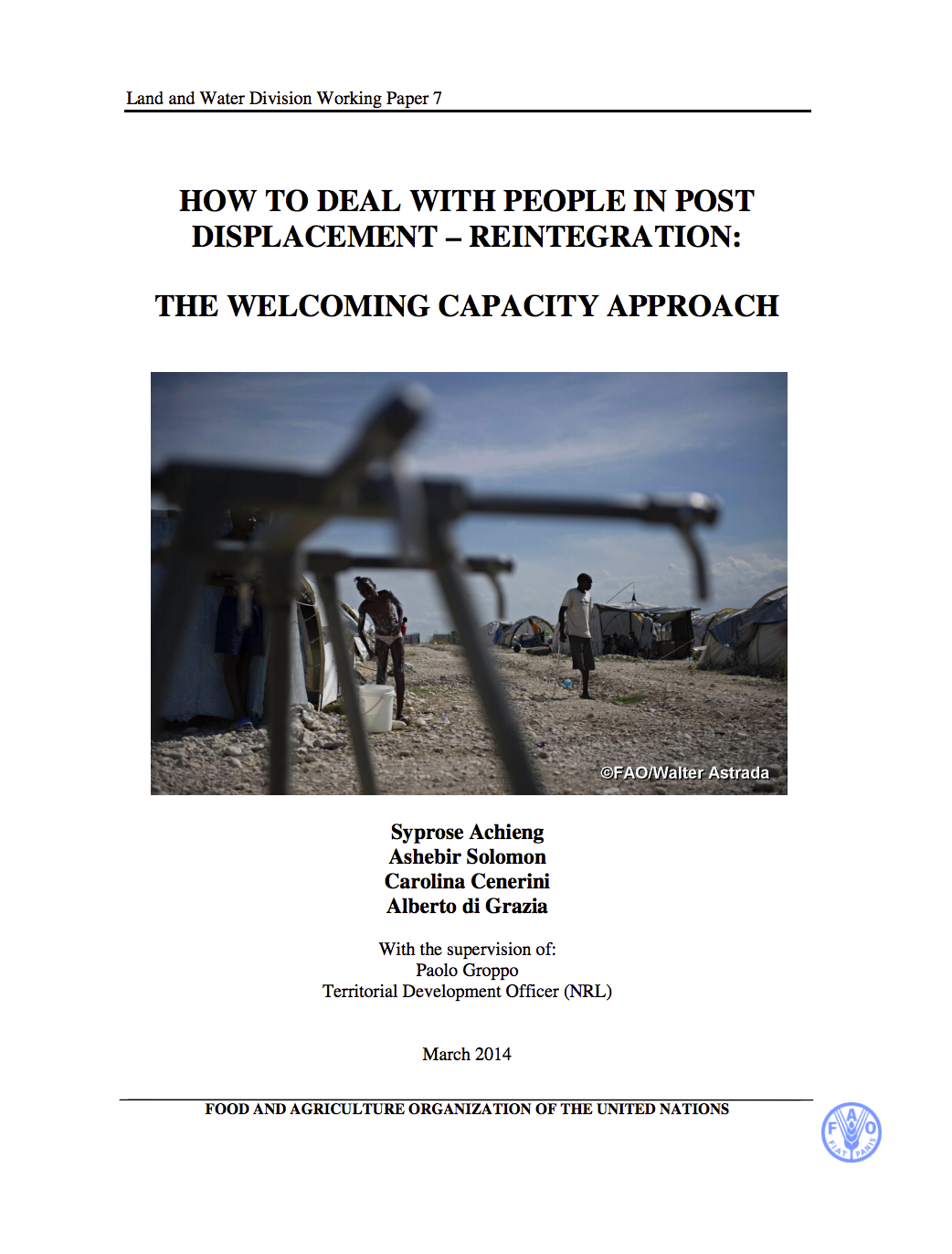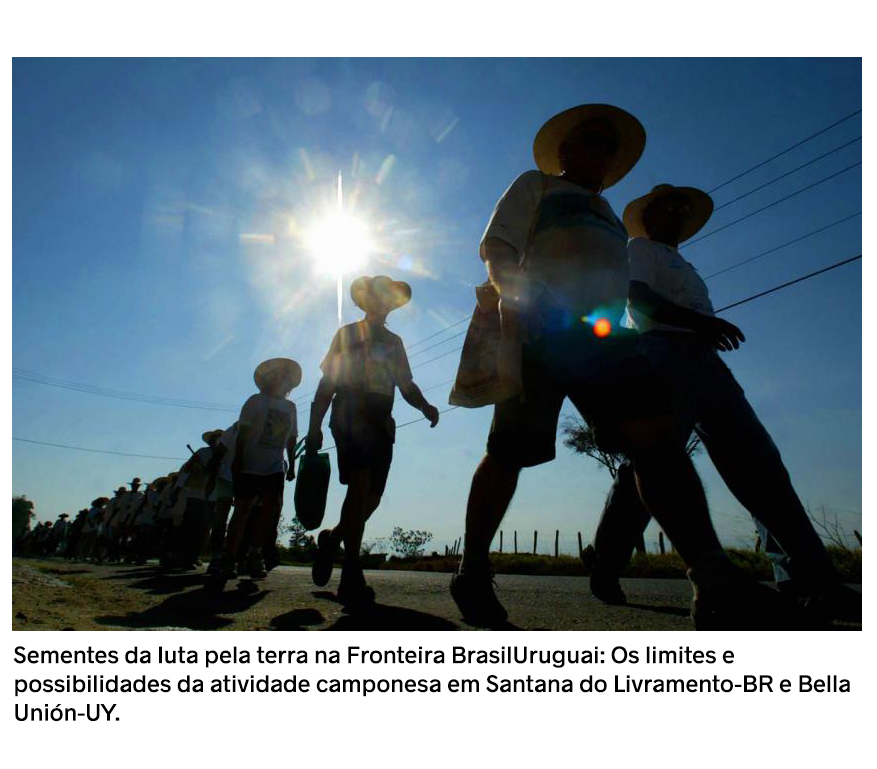Agriculture for Nutrition in Latin America and the Caribbean : From Quantity to Quality
The Latin America and Caribbean (LAC)
region has been in many ways successful in increasing
agriculture production and competitiveness, as well as
tackling nutrition. Mainstreaming nutrition considerations
into agriculture operations can increase the availability of
and access to nutritious food, which can improve the
nutrition status of individuals. The challenge is how to
bridge the gap that exists in region between being an





